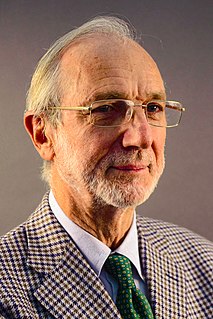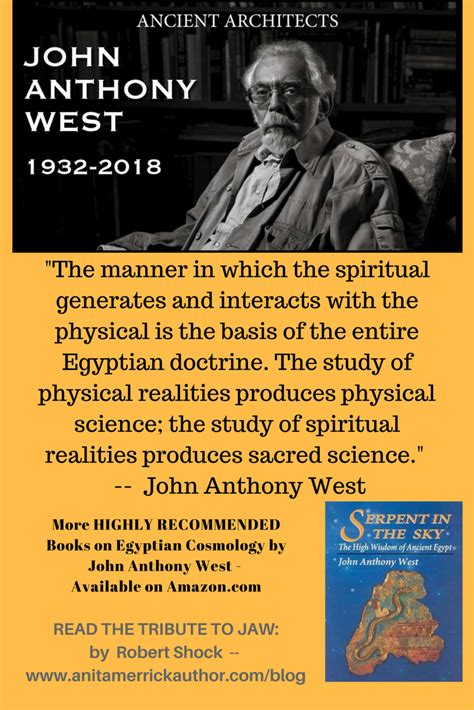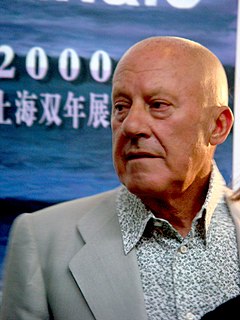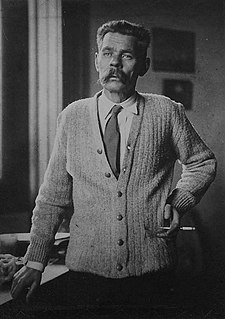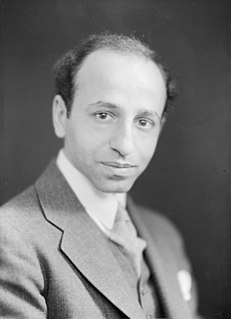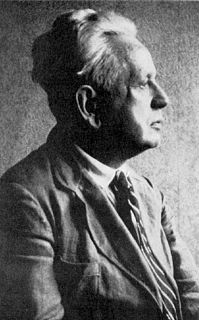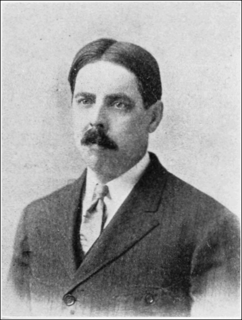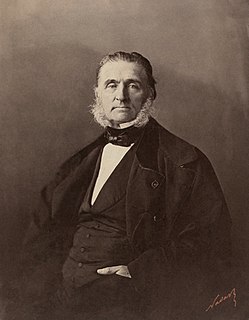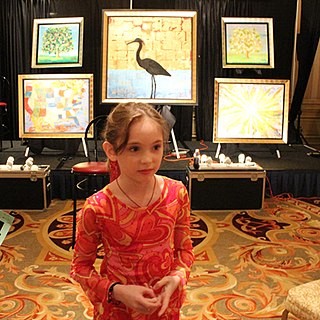Top 1200 Art And Science Quotes & Sayings - Page 2
Explore popular Art And Science quotes.
Last updated on December 4, 2024.
Architecture is art. I don't think you should say that too much, but it is art. I mean, architecture is many, many things. Architecture is science, is technology, is geography, is typography, is anthropology, is sociology, is art, is history. You know all this comes together. Architecture is a kind of bouillabaisse, an incredible bouillabaisse. And, by the way, architecture is also a very polluted art in the sense that it's polluted by life, and by the complexity of things.
In my view, The Temple of Man is the most important work of scholarship of this century. R. A. Schwaller de Lubicz finally proves the existence of the legendary 'sacred science' of the Ancients and systematically demonstrates its modus operandi. It was this great science-based upon an intimate and exact knowledge of cosmic principles-that fused art, religion, science, and philosophy into one coherent whole and sustained Ancient Egypt for three thousand years.
If there is no point in the universe that we discover by the methods of science, there is a point that we can give the universe by the way we live, by loving each other, by discovering things about nature, by creating works of art. And that — in a way, although we are not the stars in a cosmic drama, if the only drama we're starring in is one that we are making up as we go along, it is not entirely ignoble that faced with this unloving, impersonal universe we make a little island of warmth and love and science and art for ourselves. That's not an entirely despicable role for us to play.
What Artistic and Scientific Experience Have in Common - Where the world ceases to be the scene of our personal hopes and wishes, where we face it as free beings admiring, asking, and observing, there we enter the realm of Art and Science. If what is seen and experienced is portrayed in the language of logic, we are engaged in science. If it is communicated through forms whose connections are not accessible to the conscious mind but are recognized intuitively as meaninful, then we are engaged in art. Common to both is the loving devotion to that which transcends personal concerns and volition.
Mathematics is really an art, not a science. You could say science also is an art. So I would say the difference is something you can't really describe - you can only recognize. You hear somebody playing the violin, and it was Fritz Kreisler or it was somebody else, and you can tell the difference. It is so in almost every art. We just don't understand why it is that there are just a few people who are just completely off the scale and the rest of them are just mediocre. And we don't know why. But I say it's certainly true of mathematics.
I work in the field of art, and you know how during a period of Marxist ideology, fewer people are inclined to believe in the power of the culture as a whole: they believe in the revolutionary potential of economics, class struggle theory.. ..Therefore it's time to show that art means the power of creativity, and it's time to define art in a larger way, to include science and religion too..(1973
Being a fan of science fiction, I collect a lot of science fiction art work and so if you go to my house there's like a library and you just geek out on science fiction material. A lot of the colony worlds specifically are built as a melting pot of different societies, because the world is at a point where there are only two zones that are left inhabitable.
As a result of reading science fiction when I was eight, I grew up with an interest in music, architecture, city planning, transportation, politics, ethics, aesthetics on any level, art...it's just total! It's a complete commitment to the whole human race on all the Earth. That's what science fiction is about.
Ares always reemerges from the chaos. It will never go away. Athenian civilization defends itself from the forces of Ares with metis, or technology. Technology is built on science. Science is like the alchemists' uroburos, continually eating its own tail. The process of science doesn't work unless young scientists have the freedom to attack and tear down old dogmas, to engage in an ongoing Titanomachia. Science flourishes where art and free speech flourish.
Yes, yes, I see it all! — an enormous social activity, a mighty civilization, a profuseness of science, of art, of industry, of morality, and afterwords, when we have filled the world with industrial marvels, with great factories, with roads, museums and libraries, we shall fall exhausted at the foot of it all, and it will subsist — for whom? Was man made for science or was science made for man?
A modern factory reaches perhaps almost the limit of horror. Everybody in it is constantly harassed and kept on edge by the interference of extraneous wills while the soul is left in cold desolate misery. What man needs is silence and warmth; what he is given is an icy pandemonium. Physical labor may be painful, but it is not degrading as such. It is not art; it is not science; it is something else, possessing an exactly equal value with art and science, for it provides an equal opportunity to reach the impersonal stage of attention.
The belief that established science and scholarship--which have so relentlessly excluded women from their making--are "objective"and "value-free" and that feminist studies are "unscholarly," "biased," and "ideological" dies hard. Yet the fact is that all science, and all scholarship, and all art are ideological; there is no neutrality in culture!
There is a conceptual depth as well as a purely visual depth. The first is discovered by science; the second is revealed in art. The first aids us in understanding the reasons of things; the second in seeing their forms. In science we try to trace phenomena back to their first causes, and to general laws and principles. In art we are absorbed in their immediate appearance, and we enjoy this appearance to the fullest extent in all its richness and variety. Here we are not concerned with the uniformity of laws but with the multiformity and diversity of intuitions.
How often people speak of art and science as though they were two entirely different things, with no interconnection. That is all wrong. The true artist is quite rational as well as imaginative and knows what he is doing; if he does not, his art suffers. The true scientist is quite imaginative as well as rational, and sometimes leaps to solutions where reason can follow only slowly; if he does not, his science suffers.
Science is not marginal. Like art, it is a universal possession of humanity, and scientific knowledge has become a vital part of our species' repertory. It comprises what we know of the material world with reasonable certainty. . . . Thanks to science and technology, access to factual information of all kinds is rising exponentially.
It is a thoughtless and immodest presumption to learn anything about art from philosophy. Some do begin as if they hoped to learnsomething new here, since philosophy cannot and should not do anything further than develop the given art experiences and the existing art concepts into a science, improve the views of art, and promote them with the help of a thoroughly scholarly art history, and produce that logical mood about these subjects too which unites absolute liberalism with absolute rigor.
The private motives of scientists are not the trend of science. The trend of science is made by the needs of society: navigation before the eighteenth century, manufacture thereafter; and in our age I believe the liberation of personality. Whatever the part which scientists like to act, or for that matter which painters like to dress, science shares the aims of our society just as art does.
Science is a human activity, and the best way to understand it is to understand the individual human beings who practise it. Science is an art form and not a philosophical method. The great advances in science usually result from new tools rather than from new doctrines. ... Every time we introduce a new tool, it always leads to new and unexpected discoveries, because Nature's imagination is richer than ours.
